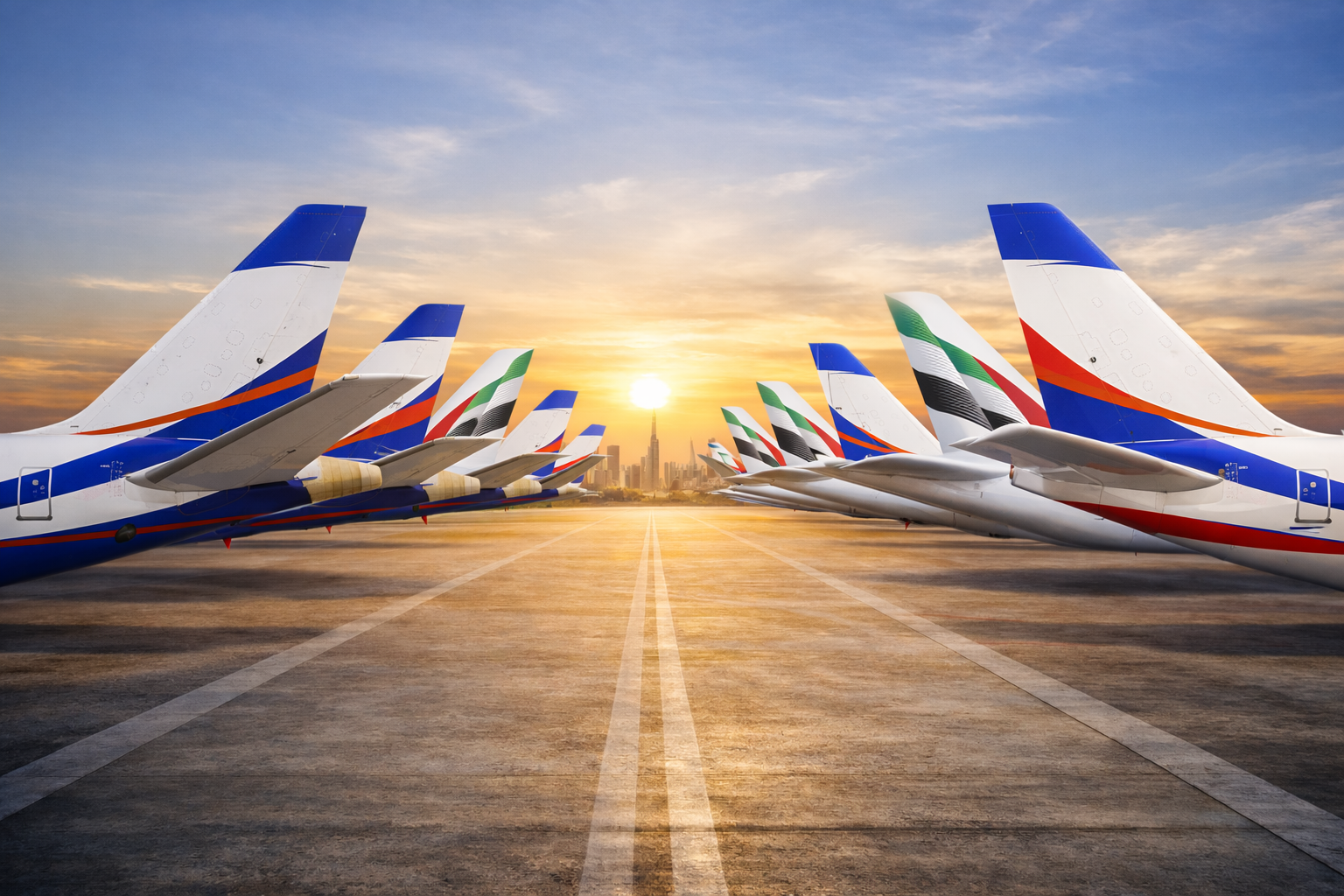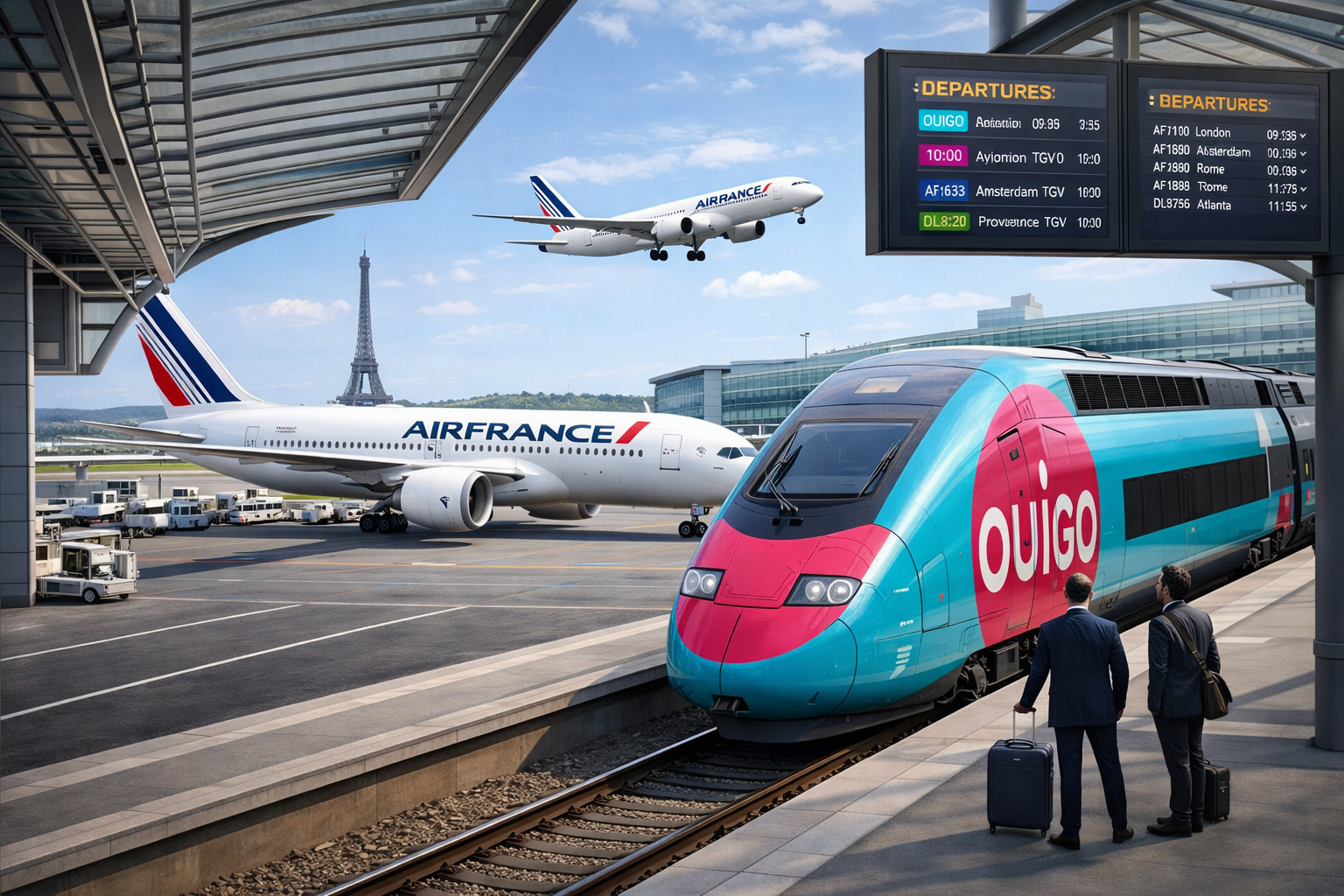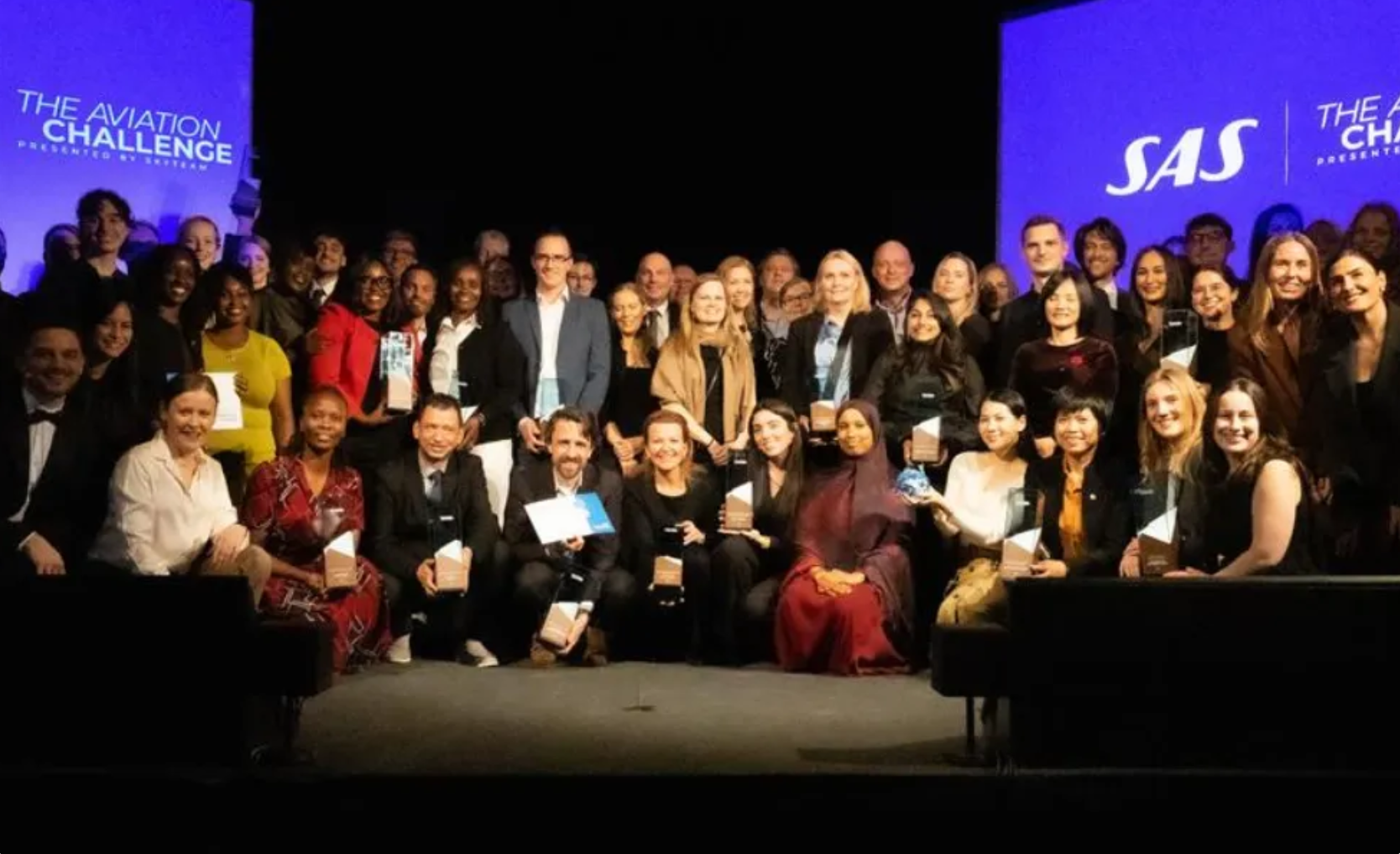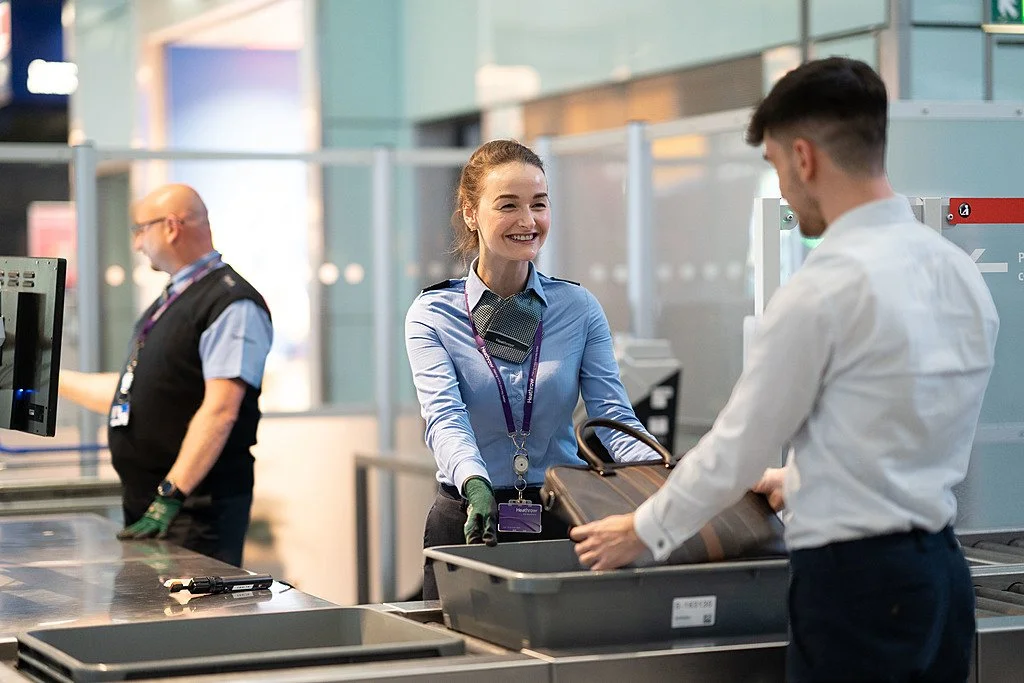
Business Travel Specialists
Why Choose Us?
Seamless Booking Technology: Our cutting-edge online platform integrates travel policies and supplier rates, enabling compliant bookings in minutes. With real-time approvals and cost comparisons, customers typically reduce travel expenses by up to 15% while enhancing efficiency, ensuring a hassle-free experience for employees and managers alike.
Robust Sustainability Solutions: The GTM Carbon Offset Programme tracks emissions and provides certified carbon offsetting, aligning with corporate sustainability goals. Customers can access detailed emission reports and choose eco-friendly travel options, demonstrating environmental responsibility to stakeholders without compromising on travel quality or convenience.
Intelligent Expense Management: Our expense tools automate expense capture and integrate with accounting systems, slashing reconciliation time by up to 85%. Customers benefit from spending visibility and error detection, streamlining financial processes and freeing up resources for strategic priorities.
Tailored 24/7 Support: We offer dedicated account managers and a round-the-clock helpline for personalised assistance, from complex itineraries to emergency support. Customers gain confidence knowing their travellers receive expert help any time, anywhere, ensuring safety, satisfaction and seamless travel experiences globally.
Trust the Experts

















